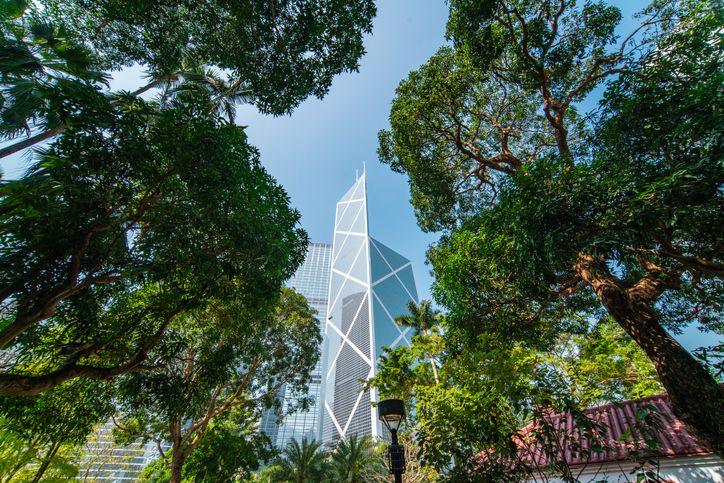During the pandemic, thematic investing remained a popular option among Asian investors, with net inflows of $19.3bn in 2021, a slight drop from $19.8bn in 2020, according to Cerulli Associates.
There were 198 sector equity funds domiciled in Asia last year, up from 112 in 2020.
To search for higher returns amid prolonged low interest rates, Asian investors turned to equity funds in 2021, especially thematic-focused strategies.
The asset class gathered net inflows of $155.6bn in 2021, accounting for 27.9% asset growth, the highest among all asset classes.
Among which, Asia-domiciled global large-cap equity funds posted positive monthly net inflows throughout 2021, with total NAV of $42.8bn.
The most popular sector was technology, which posted positive monthly net inflows during 2021, aggregating $13.3bn.
“[We] expects thematic investing to regain its momentum in 2022, riding on megatrends such as technology, healthcare, consumer discretionary, and sustainability,” said Jaslyn Ong, research analyst in Cerulli latest research.
“It is also important to bear in mind that product innovation and investor education will go hand in hand to ensure steady traction in thematic strategies over the longer term,” he added.
However, as thematic funds are typically used for shorter-term bets, investors may book profits after gains, prompting Cerulli to worry about “the stickiness of investors in these funds”
Furthermore, returns for equity funds slipped in 2021, with technology and healthcare funds’ returns falling 9.3% and 1.2% in 2021 from gains of 47.1% and 23.9% in 2020, respectively.
“Investors are likely to seek safer bets in mixed-asset strategies to reap the upside potential with downside protection,” said Ong.
ESG-related themes
Cerulli also noted the popularity of sub-themes in Asia such as climate change, electric vehicles, and clean energy, against a backdrop of a push to net-zero transition by 2050 under the Paris Agreement.
More Asian markets, such as Taiwan, Hong Kong, and Singapore, are following their European counterparts in developing their green finance sectors and guidelines to standardise and align environmental risk measures and disclosures to the local context.
To better manage risks from political and regulatory tailwinds, managers in Asia are increasingly integrating ESG in their investment processes, especially from a risk management standpoint, said Cerulli.
The popularity of ESG products can also be seen with some private banks and robo-advisory platforms curating ESG-related portfolios for their target investors, while local managers in emerging Asian markets continue to rely on global managers via sub-advisory partnerships to roll out ESG-related products.









